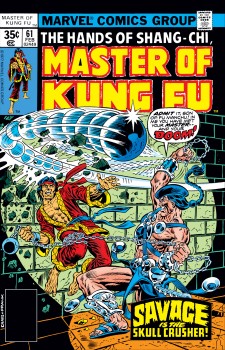Fantasia 2020, Part XIV: Hunted
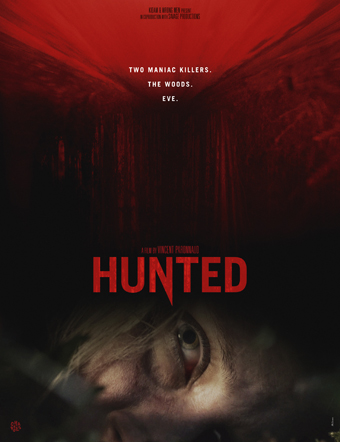 Watching a film festival at home instead of in theatres raises a question that’s become a much-debated point over the last couple of years: is the experience of viewing a movie on a TV screen essentially different and essentially lesser than watching the same movie in a theatre? I don’t think there’s a single answer to this question. Different movies and different viewers and different circumstances will create better or worse scenarios. I think it is probably safe to say that the theatrical experience has much more sensory power; that the powerful sound system and the controlled environment and the full dark of a theatre will usually be more immediately overwhelming to a viewer. But it’s reasonable to wonder if a movie that relies on sheer sensory power can be called ‘a good movie.’
Watching a film festival at home instead of in theatres raises a question that’s become a much-debated point over the last couple of years: is the experience of viewing a movie on a TV screen essentially different and essentially lesser than watching the same movie in a theatre? I don’t think there’s a single answer to this question. Different movies and different viewers and different circumstances will create better or worse scenarios. I think it is probably safe to say that the theatrical experience has much more sensory power; that the powerful sound system and the controlled environment and the full dark of a theatre will usually be more immediately overwhelming to a viewer. But it’s reasonable to wonder if a movie that relies on sheer sensory power can be called ‘a good movie.’
This question came forcefully to mind while watching my first film on day 7 of Fantasia. Hunted was directed by Vincent Paronnaud, who wrote the script with Léa Pernollet. A cartoonist who won the Fauve d’or prize for best comics album at the 2009 Festival International de la Bande Dessinée at Angoulême, Paronnaud cowrote and codirected the 2007 animated adaptation of Marjane Satrapi’s Persepolis. His new (English-language) movie boasts a powerful soundscape and lush, atmospheric nature photography along with a simple plot. I found it reasonably effective for a home viewing, once I understood what sort of film I was watching. I suspect it would have been much stronger for me in a theatre, because it would have been better able to work on me as a viewer in the way that its theme insists.
The movie begins with a prologue, a storyteller at a campfire telling a tale, and then we follow a woman, Eve (Lucie Debay), as she meets and is abducted by two men, one of them a slick con-artist (Arieh Worthalter) who has procured her as a victim for his accomplice (Ciaran O’Brien). Eve escapes, and flees into the woods. They pursue, and a life-and-death-hunt follows.
The movie is from a certain perspective a variant on “The Most Dangerous Game,” but is distinguished by a specific thematic approach and by an increasing level of weirdness as Eve and her pursuers flee deeper into the woods. It’s also distinguished by an overwhelming sonic texture (including an electronic score), and imagery of the deep mist-soaked woods. Watching at home, I was struck by the way sounds and sights worked together, and I strongly suspect in a theatre the effect would have been significantly more profound.
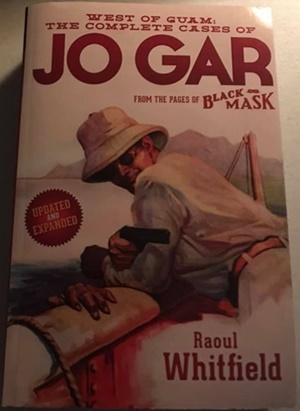
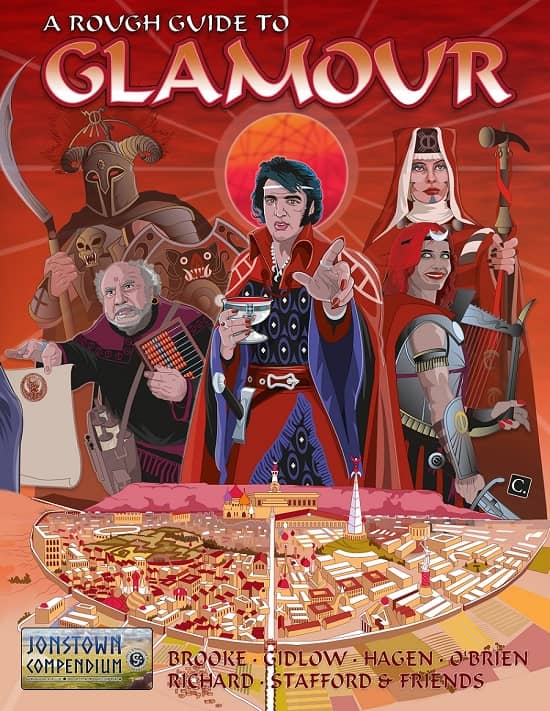
 Miyamoto Musashi (1584-1645) was one of the greatest samurai and greatest swordfighters ever to live. By his own account, he fought over sixty duels and won all of them. Stories about Musashi have been told and retold over the centuries, notably including the great novel Musashi (1935-39) by Eiji Yoshikawa. Films about him have proliferated, the most famous likely being Hirohi Inagaki’s Samurai trilogy (1954-55) starring Toshiro Mifune as Musashi.
Miyamoto Musashi (1584-1645) was one of the greatest samurai and greatest swordfighters ever to live. By his own account, he fought over sixty duels and won all of them. Stories about Musashi have been told and retold over the centuries, notably including the great novel Musashi (1935-39) by Eiji Yoshikawa. Films about him have proliferated, the most famous likely being Hirohi Inagaki’s Samurai trilogy (1954-55) starring Toshiro Mifune as Musashi.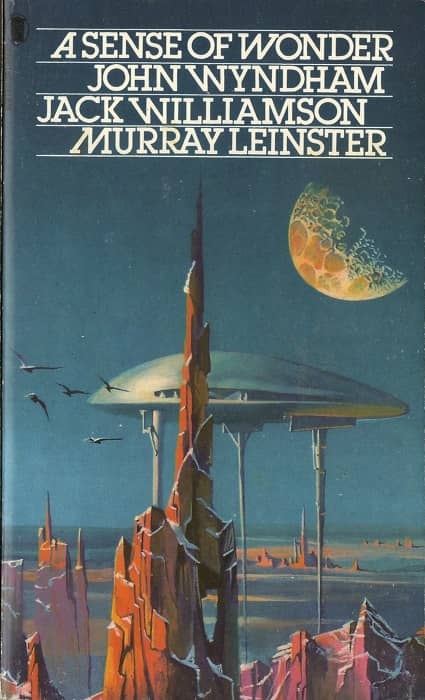
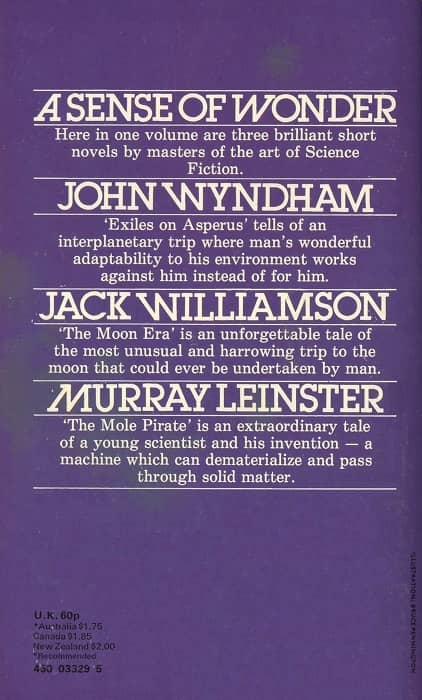
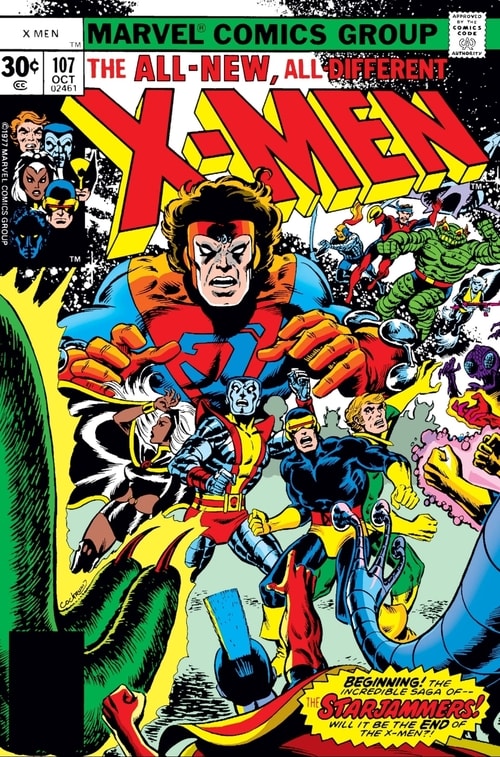
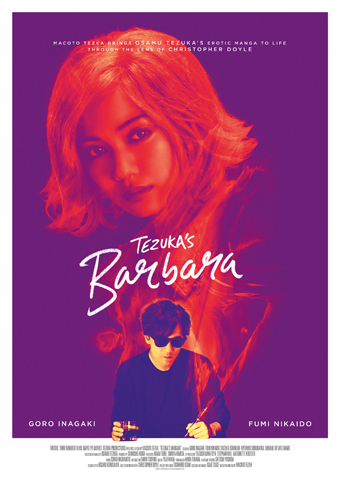 The chain of inspiration behind a work of art can be stunning to behold. Ernst Theodor Amadeus Hoffman was a musician, critic, and fiction writer in the early nineteenth century whose surreal and gemlike short stories are wonders of early fantasy. Some of those stories were worked into the libretto of Jacques Offenbach’s 1881 opera Les contes d’Hoffmann. Adapted to films at least three times, most notably by Michael Powell and Emeric Pressburger in 1951, Offenbach’s work would inspire the great manga creator Osamu Tezuka in 1973. A
The chain of inspiration behind a work of art can be stunning to behold. Ernst Theodor Amadeus Hoffman was a musician, critic, and fiction writer in the early nineteenth century whose surreal and gemlike short stories are wonders of early fantasy. Some of those stories were worked into the libretto of Jacques Offenbach’s 1881 opera Les contes d’Hoffmann. Adapted to films at least three times, most notably by Michael Powell and Emeric Pressburger in 1951, Offenbach’s work would inspire the great manga creator Osamu Tezuka in 1973. A 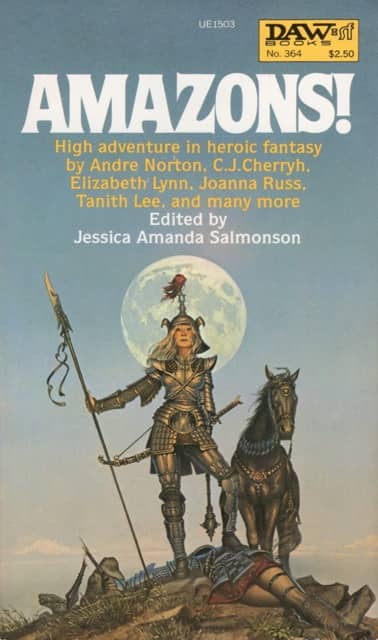
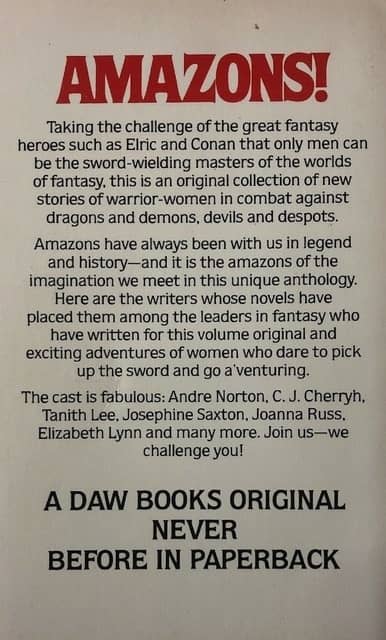
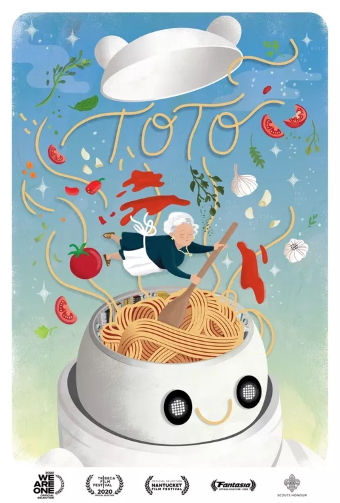 Day 6 of Fantasia 2020 started for me with a panel on folk horror. While you can find the
Day 6 of Fantasia 2020 started for me with a panel on folk horror. While you can find the 